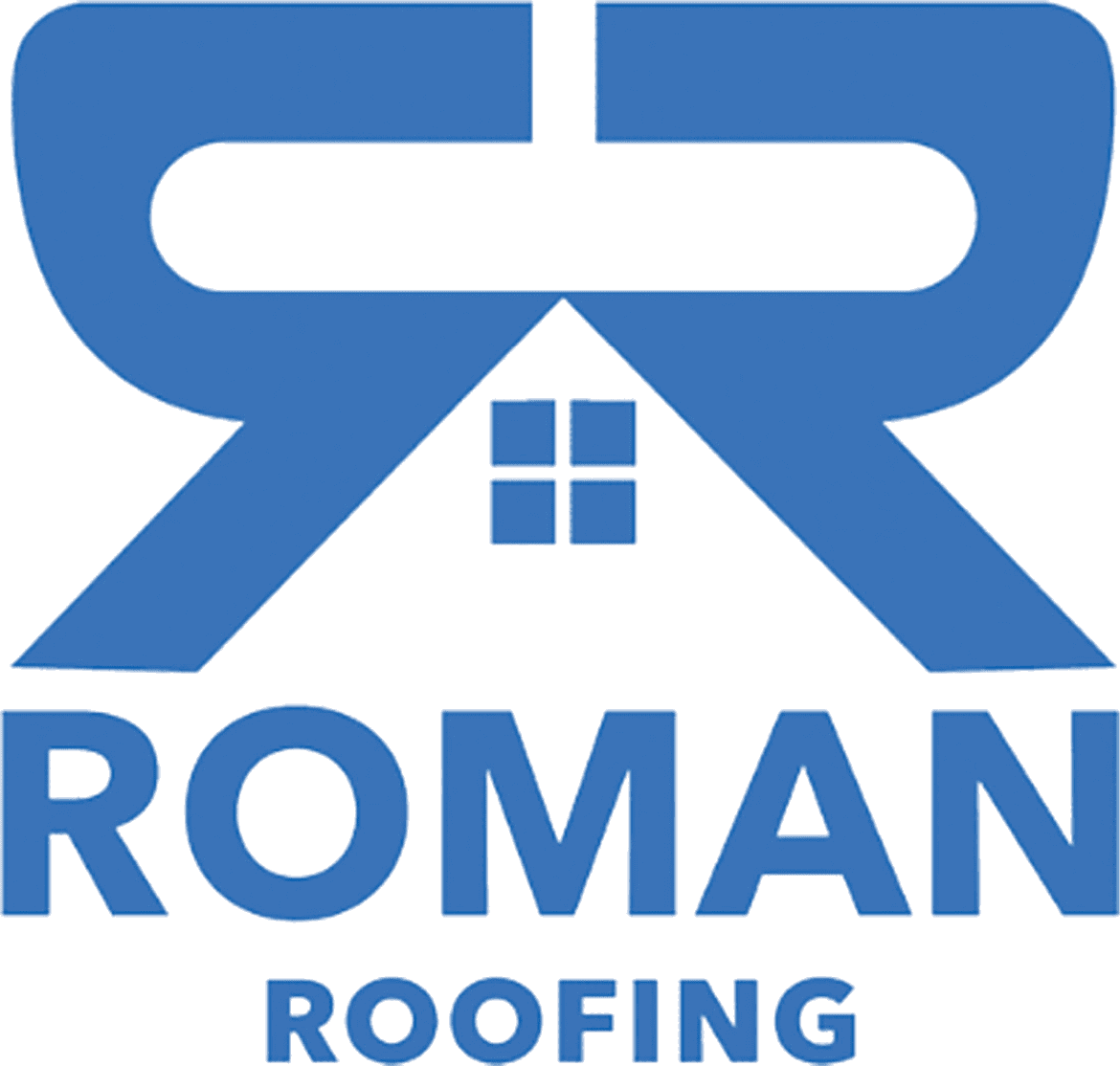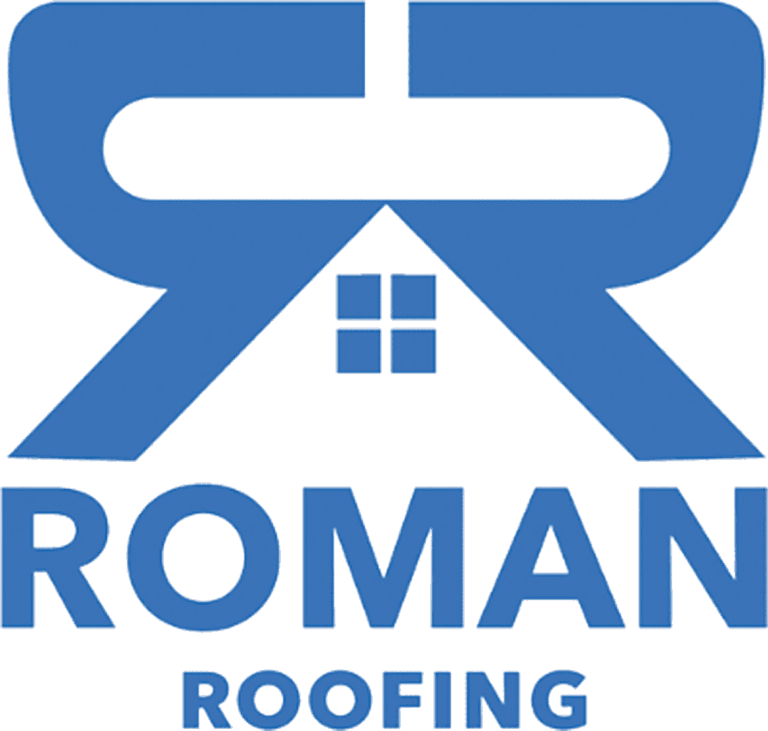In today’s fast-paced urban development, the roofing industry faces a unique set of challenges. It’s not just about turning a profit; it’s about doing so responsibly. This article explores the ethical dimensions of modern roofing, focusing on how the industry can align its business goals with broader societal and environmental responsibilities.
The Ethical Side of Sustainable Sourcing
Firstly, the ethical imperative of sustainable sourcing cannot be overstated. While these materials may come with a higher initial cost, their long-term benefits, such as durability and efficiency, often result in cost savings over time.
Waste Management: A Dual Benefit
Next, effective waste management is not just an ethical obligation but also a business opportunity. Proper disposal and recycling not only reduce landfill contributions but can also lower disposal costs and even generate revenue from recycled materials.
Energy Efficiency: A Win-Win
Moreover, energy-efficient roofing solutions offer dual benefits. They not only reduce the building’s carbon footprint but also meet growing consumer demand for sustainable options, thereby providing a competitive edge.
Prioritizing Worker Safety and Fair Compensation
Additionally, ensuring safe working conditions and fair wages is not just an ethical necessity but also a business asset. A well-compensated and safe workforce is more productive and less likely to turnover, enhancing overall productivity.
The Importance of Honest Marketing
Furthermore, transparency in marketing is crucial. Providing accurate product information builds customer trust, fosters loyalty, and ultimately enhances brand reputation.
Community Engagement: Beyond Business
Also, actively engaging with local communities offers more than just local support. It opens up new business avenues and generates positive word-of-mouth, enriching the company’s social capital.
The Value of Continuous Learning
Besides, staying abreast of the latest sustainable practices and technologies is essential for long-term business viability. Continuous innovation ensures that a business remains competitive and adaptable in a rapidly evolving market.
Transparent Pricing: Building Trust
In addition, clear and transparent pricing not only establishes credibility but also encourages customer loyalty and referrals, further boosting business prospects.
A Long-Term Vision for Sustainability
Lastly, focusing on durable, long-lasting solutions rather than quick fixes not only ensures product quality but also reduces warranty claims and enhances brand reputation.
The Power of Collaboration
Finally, a collaborative approach that includes environmentalists, urban planners, and local communities can lead to more holistic and innovative roofing solutions, expanding market reach and diversifying business opportunities.
Ethical considerations in roofing go beyond mere compliance; they are integral to shaping a future where business growth and societal well-being coexist. As the industry evolves, the balance between profitability and ethical responsibility will be its defining legacy, creating a future where roofing solutions embody not just shelter but also societal and environmental values.

